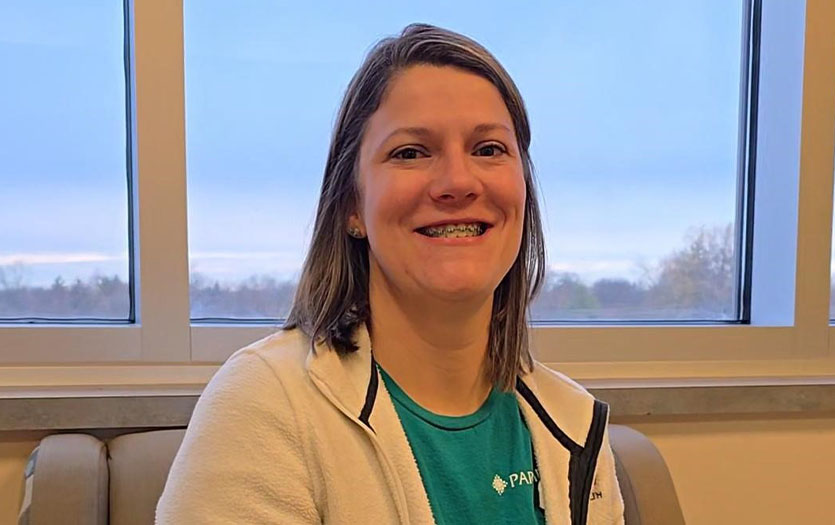
This post was written by Kristen Varian, MA, doctoral intern, Park Center, Parkview Behavioral Health Institute.
The holidays are often a difficult time of year for those with mental health issues and can exacerbate stress levels. Mental health concerns are particularly distressing this year amid the COVID-19 pandemic. While anxiety may be down for some because of limited holiday celebrations, many are dealing with some degree of social isolation this season, which can worsen existing mental health problems.
It is essential that we all take care of our mental health during the holiday season. You can do this in many ways. To regulate emotions and reduce vulnerability to emotional distress, try a few of these strategies to maintain your health and mental well-being:
- Eat nutritious food
- Get plenty of sleep and rest
- Acknowledge your emotions
- Stick to a budget regarding gifts and food
- Take time for yourself
- Exercise and move your body in a way that brings you joy
- Reduce or eliminate the usage of mood-altering substances like alcohol and drugs
- Get outside for some fresh air and sunshine when available
- Take medications as prescribed
- Reach out for help when needed
Discrediting the myth
Let’s also take a moment to note the long-standing myth of the increased risk of suicide during the holidays. Perpetuating this myth can standardize feelings of suicide and possibly lead others to think it is normal to want to end their lives. When, in fact, December is the month with the lowest suicide rates. Then, as we move out of the holiday season and into January, suicide rates begin to increase again, leading to a spring peak. This increase after the holidays may represent what some call a postponement effect. It represents those delayed suicides, held off through the holidays, which then occur in January. It’s also important to remember that knowing these facts is a crucial part of discrediting the myth and decreasing the distress that many are currently feeling during COVID-19 and the holidays.
Getting help
If you feel that you want to harm yourself or end your life, please reach out for help. There are many ways to seek help if you are feeling suicidal. Also, take a moment to check on your friends and family members, even those who seem fine. Remember, talking about suicide does not increase the chance that someone will attempt it, so don’t be afraid to engage others in difficult conversations about mental health and suicide risk.
- If you or someone else is in immediate danger, please call 988 or go directly to the emergency department (ED).
- If the danger is not immediate, please contact one of the following resources:
- Parkview Behavioral Health HelpLine: Call 260-471-9440 or (800) 284-8439, 24 hours a day.
- National Suicide Prevention Lifeline: Call 1-800-273-8255, 24 hours a day, English and Spanish available.
- Crisis Text Line: Text Hello to 741741 to chat with a trained crisis counselor.
- Remedy Live Chat Center: Go online to Remedylive.com or text 494949, 24 hours a day, to connect to a SoulMedic.
- Teen Suicide Hotline: Call 800-SUICIDE (800-784-2433) to speak with someone.



